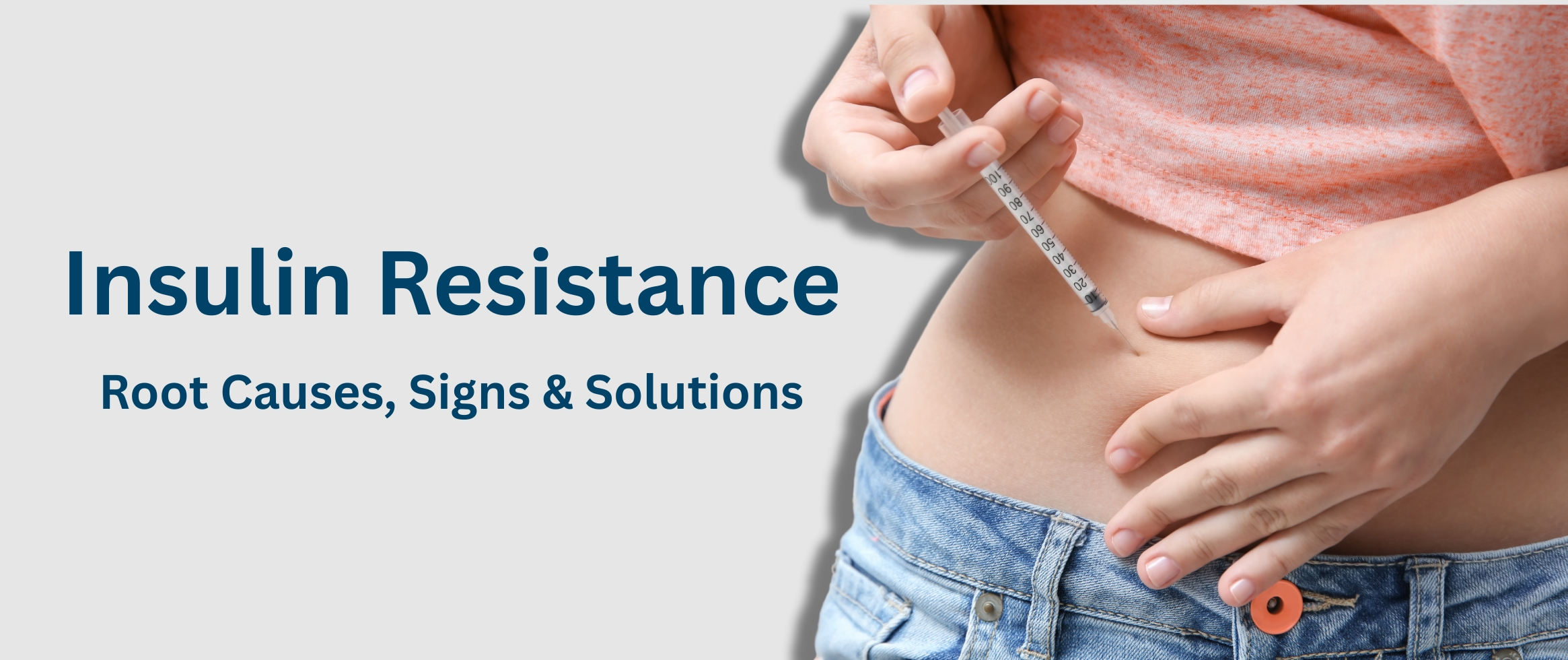An insulin fasting test is one of the most accurate ways to detect prediabetes. It measures the insulin levels in your blood. Insulin is a peptide hormone that regulates the sugar level in the blood. It also helps move glucose into your cells from your bloodstream. Glucose is the simplest type of carbohydrate and the body's main energy source. If glucose levels are extremely low or high, it can lead to serious health problems. When blood glucose levels are too high, it's called hyperglycemia, and when it's too low, it's called hypoglycemia.
What is an Insulin Fasting Test?
An insulin fasting test is one of the most accurate ways to detect prediabetes. It measures the insulin levels in your blood. Insulin is a peptide hormone that regulates the sugar level in the blood. It also helps move glucose into your cells from your bloodstream. Glucose is the simplest type of carbohydrate and the body's main energy source. If glucose levels are extremely low or high, it can lead to serious health problems. When blood glucose levels are too high, it's called hyperglycemia, and when it's too low, it's called hypoglycemia.
Insulin also regulates your body's metabolism of proteins, carbohydrates, and fats. Diabetes is one of the most common problems associated with insulin. Diabetes occurs when the body no longer uses insulin or doesn't secrete enough insulin. People with Type 2 diabetes and prediabetes have some level of insulin resistance. An insulin fasting test is used to monitor or diagnose insulin resistance. It can also be ordered to evaluate insulin production in the pancreas by the Beta cells.
What is the purpose of the Insulin Fasting Test?
An insulin fasting test is used to screen patients for diabetes. It is useful in predicting early signs of blood sugar problems. Even if your blood glucose test results are normal, you could still have the chance of developing a blood sugar issue. Blood sugar issues take years to develop, and most tests fail to detect prediabetes signs. An insulin fasting test can help you detect blood sugar issues at an early stage. If you suspect you're at risk for developing diabetes, you must reach out to your doctor.
What does the Insulin Fasting Test Diagnose?
An insulin fasting test measures the level of insulin in your blood after at least eight hours of fasting. It can be used to diagnose abnormalities in blood sugar levels. Your healthcare provider may order this test to diagnose insulin-producing tumors in the pancreas. This test can also be used to determine the cause of low sugar in your blood and check how the beta cells are working in your pancreas. You may be asked to undergo this test if you have type 2 diabetes to know when you should start taking insulin. This test can also be helpful in monitoring and determining the success of an islet cell transplantation to restore the ability to make insulin.
Why Do You Need an Insulin Fasting Test?
You need an insulin fasting test to determine the reason for the low blood glucose level in your blood. The healthcare provider may order this test if you show signs of hypoglycemia, including:
- Irregular heartbeat
- Dizziness
- Blurred vision
- Irritability or anxiety
- Tingling or numbness of the cheeks, tongue, or lips
- Lightheadedness or dizziness
- Headache, pale-looking skin
- Difficulty concentrating
- Slurred speech
Anyone older than the age of 35 should get an insulin fasting test. This test is also recommended for those with a higher than 25 body mass index as they are at increased risk of diabetes. Your healthcare provider may also order this test if you have diabetes to monitor your insulin production. Measuring insulin resistance can help stop prediabetes from becoming Type 2 diabetes. Considering that around one-third of people in America have insulin resistance, everyone should have an annual fasting insulin test. An insulin test may also be ordered if you are suspected or have had insulin resistance. This may include people with polycystic ovary syndrome, type 2 diabetes, prediabetes, heart disease, acanthosis nigricans (an abnormal skin condition), or metabolic syndrome.
Preparation and procedure required for the Insulin Fasting Test
You should not eat or drink anything for 8 hours before the insulin fasting test, as insulin levels drop and spike when you drink and eat. You should also get tested in the morning to ensure that the test results are accurate. If you're taking vitamin B7, you're advised to stop taking them 24 hours before the test because these supplements can lead to inaccurate results.
During the insulin fasting test, the technician will insert a needle in the vein of your arm. To ensure that the vein is clearly visible, they will tie a band around your arm. After inserting the needle, they will collect a small amount of blood in a vial or test tube. You may feel a tingling sensation when the needle is being inserted. The drawn blood sample will be sent to the laboratory for further evaluation.
Understanding the Insulin Fasting Test results
The normal range of fasting insulin should be around 2 to 20 mIU/mL. If the insulin levels are high, you may have insulin resistance, hypoglycemia, Type 2 diabetes, or a pancreatic tumor. Very high insulin levels may also indicate Cushing's syndrome, an adrenal gland disorder. If insulin levels are very low, it may indicate you have Type 1 diabetes or hyperglycemia. Very low insulin levels may also indicate inflammation of the pancreas.




 NABL approved
NABL approved  Most Trusted by
Most Trusted by  Accuracy &
Accuracy &  Widest Range
Widest Range 














